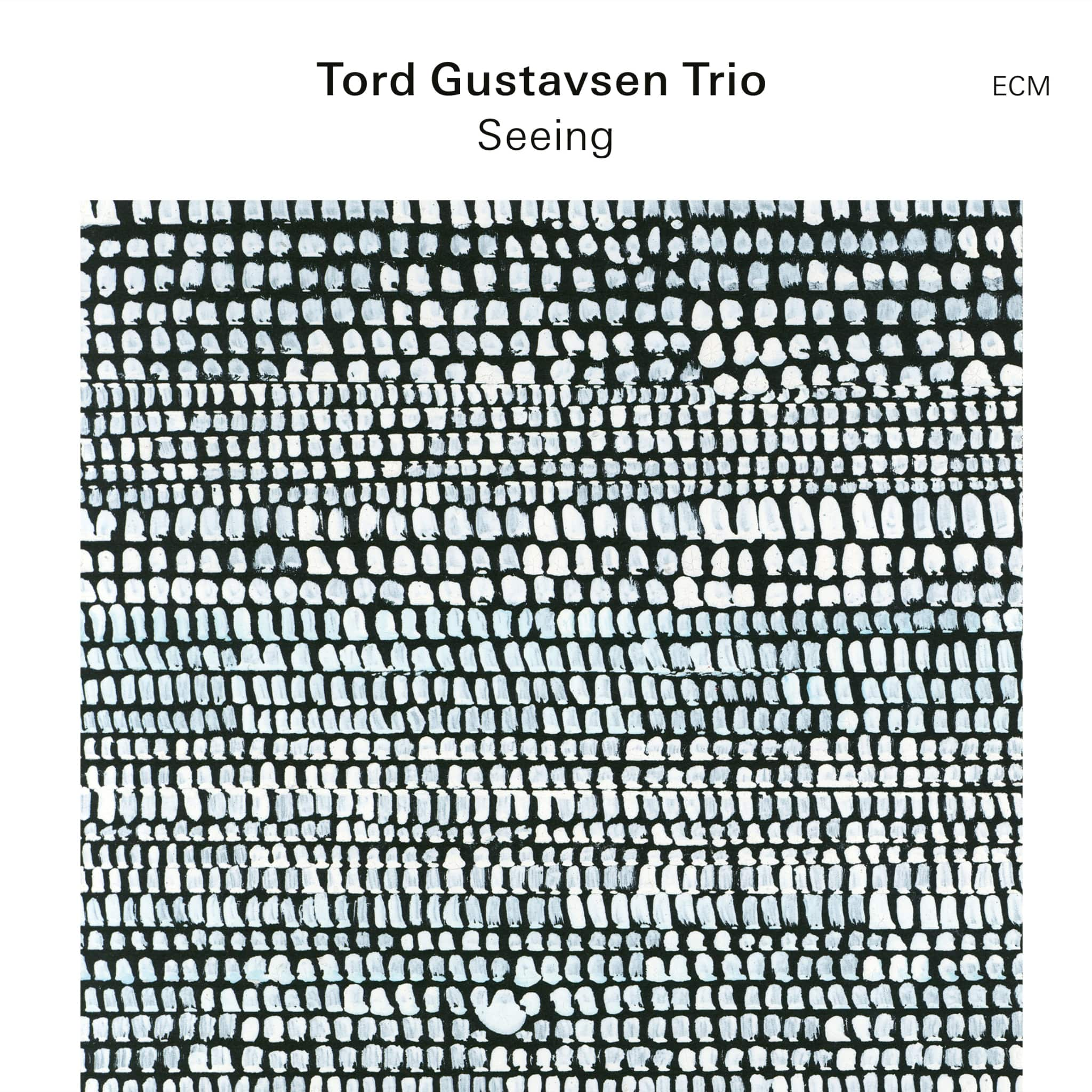With "Seeing," Tord Gustavsen opens a multifaceted new chapter in his acclaimed trio recordings, which began in 2003 with "Changing Places"—an album now considered a classic. The Norwegian pianist describes the new work, with its dense, focused song forms, as "reflecting my personal evolution as I grow older and strive for the essentials in life and music." Together with his longtime drummer Jarle Vespestad and double bassist Steinar Raknes, Tord intensively explores his characteristic blend of jazz, blues, gospel, Nordic folk music, and sacred sounds. The repertoire includes five original compositions, two Bach cantatas, a traditional Norwegian church melody, and the 19th-century English chorale "Nearer My God, to Thee." The ensemble's interplay draws its strength from restraint – Tord speaks of "honoring the melodies" – by carefully guiding the musical structures to their climaxes. Gustavsen, a true master of the trio format, shapes the entire work with his sensitive touch and subtle gospel brilliance.

